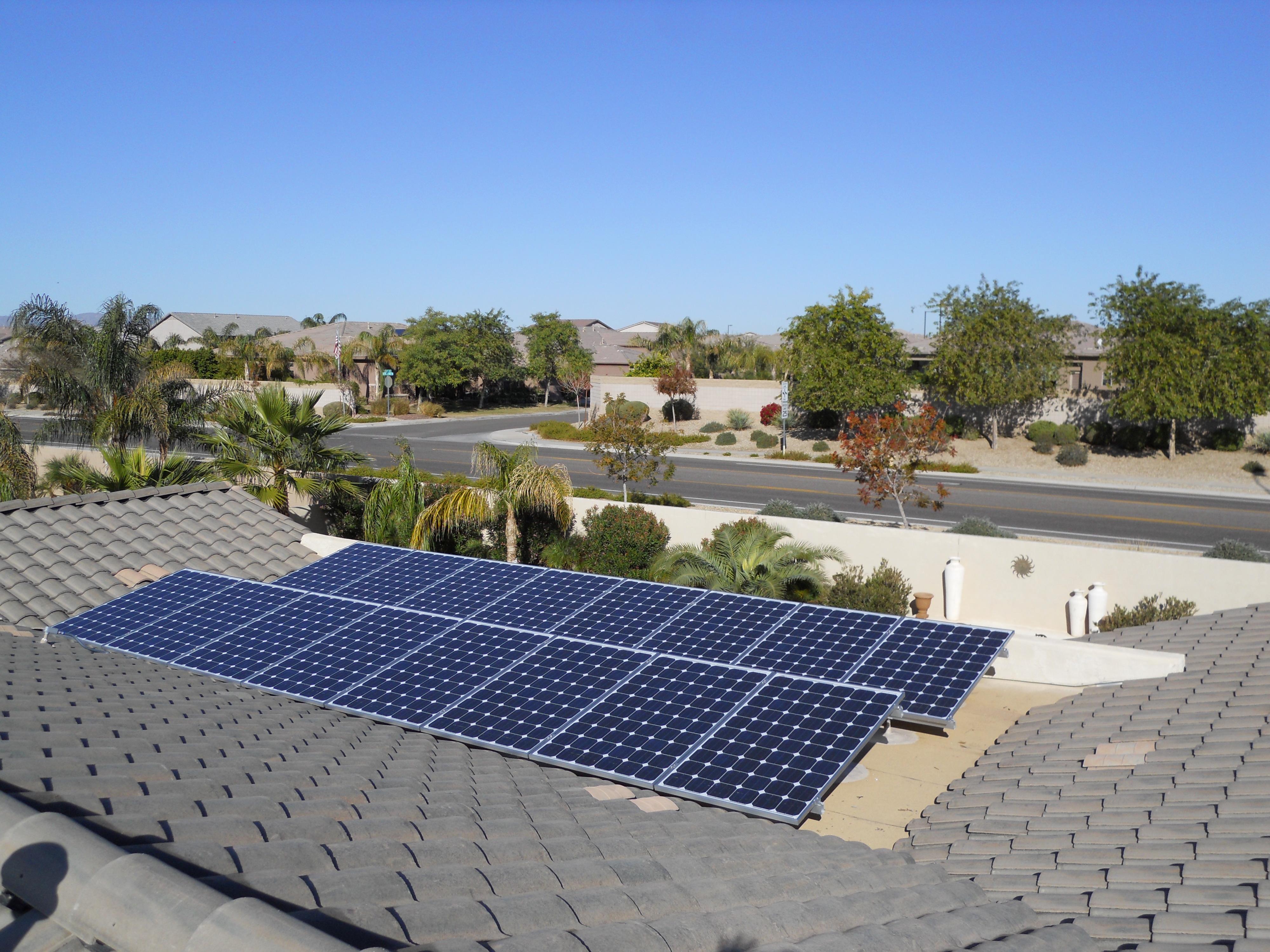Calculating the cost of carbon pollution
09/28/2012 Leave a comment
Can economists calculate the cost of carbon pollution?
Response:
The prices of gasoline and natural gas and coal set do not include the costs of damages caused by emissions from burning those fossil fuels, such as polluted shorelines, flooded towns, ruined crops, burned homes, damages to health and livelihood. These damages cost the world more than $1.2 trillion a year now, reducing world income and production by 1.6% now, and by 3.2% by 2030, according to a report by the DARA group.
President Obama appointed in 2010 a government Working Group on the Social Cost of Carbon to estimate the social benefits and costs of marginal reductions in carbon dioxide (CO2) emissions, including damages to property, agriculture, health, and ecosystem services. This study is an important step toward shifting costs of climate damages onto the industry responsible for them.
More governments are now taking action to shift those costs onto the fossil fuel industry. China announced a plan to set up a carbon trading system with the help of the European Union. Australia, New Zealand and South Korea are in the process of putting prices on carbon.
The Working Group study was done so that agencies can do cost-benefit analyses of regulatory actions that change CO2 emissions. The Group calculated the mid range value of carbon reductions at $21 per Ton, with a range of alternatives from $5 to $35. The figure of $21 is now being used to calculate greenhouse gas reduction benefits in regulatory impact analyses (RIAs).
A study by economists at Natural Resource Defense Council claims that the carbon value should be 2.6 to 12 times larger. They fault the Group for not giving added weight to higher damages suffered in low income communities, and for too high an expectation of economic growth.
The Group emphasized the many uncertainties involved in the calculation, their inability to calculate some factors like ocean acidification, and the need for regular updating with new research.
 Nissan Leaf
Nissan Leaf
